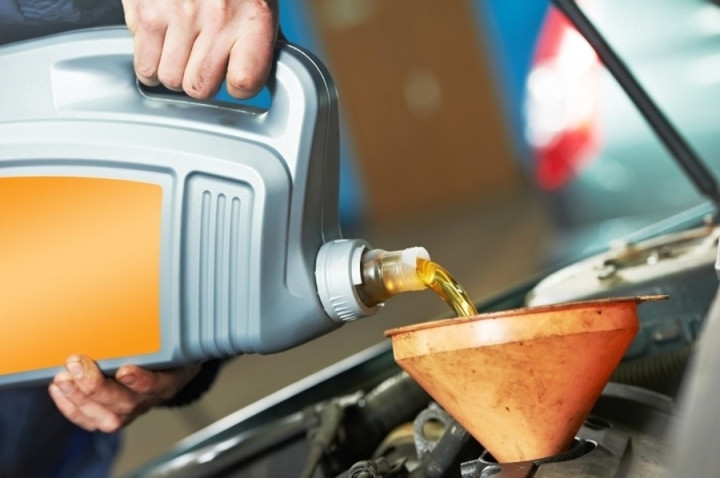How to choose the most suitable engine oil for your car
To ensure stable operation and increase engine life, choosing the right engine oil is very important.
Engine oil is a type of oil used to lubricate engines. It is a mixture of base oil and additives. The performance of a car engine depends on the quality of the engine oil. Engine oil helps prevent wear and tear, cools the engine, increases its lifespan, and reduces engine friction.
A car that uses good oil will run smoothly and without serious damage. On the contrary, if you use the wrong oil, your car will easily deteriorate seriously.
How to choose engine oil?
There are many types of lubricants on the market, ranging from brands to prices. To choose the right type, it is best to consult the manufacturer's instructions. This information is usually listed in the user manual. In case the old car no longer has a manual, the owner can refer to the engine cover, where the lubricant is added when replacing, which usually shows the viscosity grade (SAE) or performance grade (API) recommended by the manufacturer.
In fact, many people do not understand or misunderstand viscosity grade (SAE) or performance grade (API). These are two basic standards that need to be understood and considered when choosing to buy lubricants:
Viscosity grade (SAE)

On the bottle of engine oil, there are symbols such as SAE 10W-30, 15W-40 and 20W-50, SAE 0W-40... In which, the number before the character "W" is used to indicate the temperature range that the oil can help the engine start, but is calculated at negative temperatures. With temperate climates, Vietnamese customers do not need to care about this parameter.
The number after the letter “W” is important. The larger the number, the thicker the oil, the smaller the number, the thinner the oil. Therefore, if the vehicle often goes on off-road trips, you should choose a thick type because on long trips, the engine will get hot, and thick oil will thin out. Do not choose thin oil because it will cause the engine to “scream”.
If the vehicle is only used in the city, you should choose a thin oil so that the vehicle can easily restart when it has to stop and turn off the engine many times at red lights.
Feature Level (API)
This is the standard for classifying the quality of gasoline and diesel engine oils. The API quality levels for gasoline engines are SA, SB, SC, SE, SF, SG, API SN.
API for diesel engines is denoted as CA, CB, CC, CD... In which, the last letter is used to distinguish the levels and is arranged alphabetically. The later the letter is, the higher the level. For example, API level SN is higher than SM, SM is higher than SL...
To meet the requirements of vehicles, car owners should choose the highest quality levels possible such as API SL; SM or SN for gasoline engines and API CH-4 or CI-4 for diesel engines.

